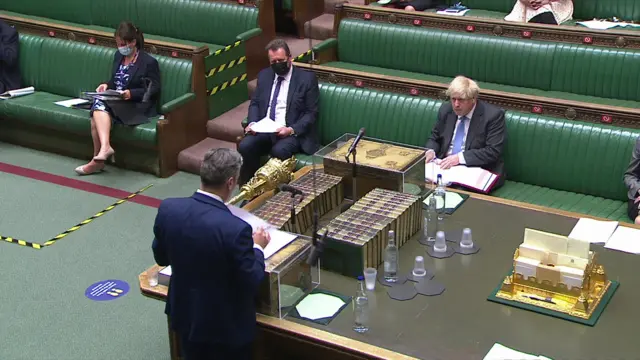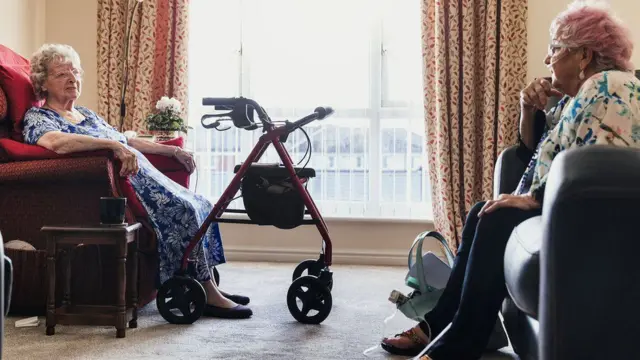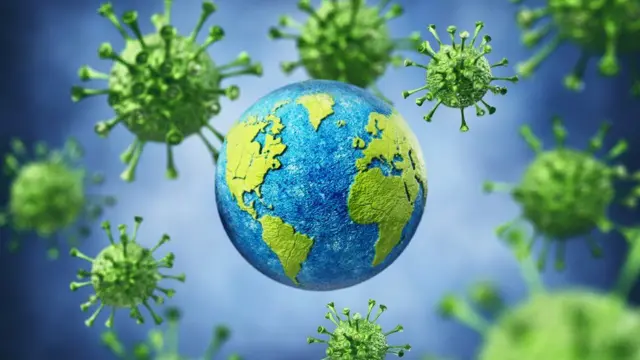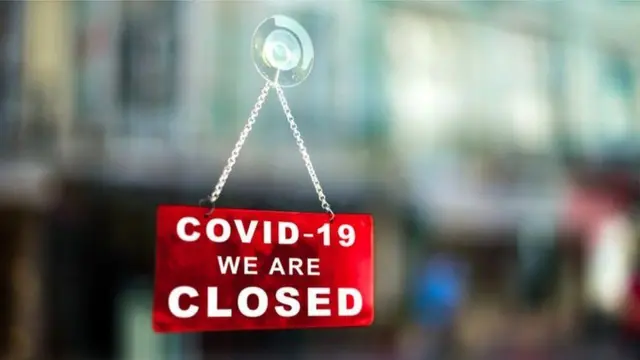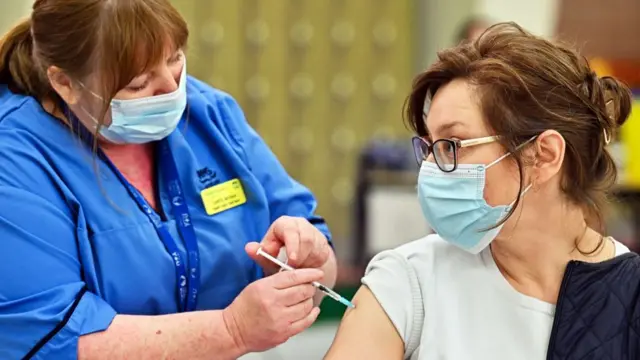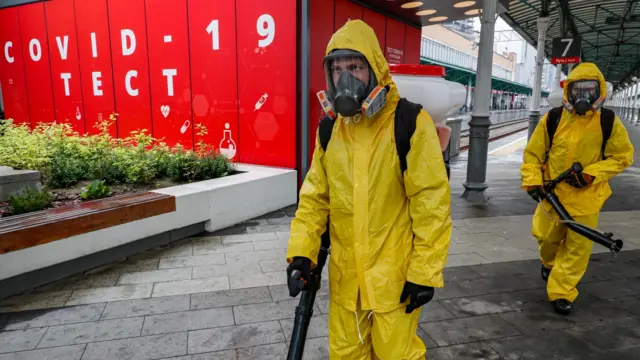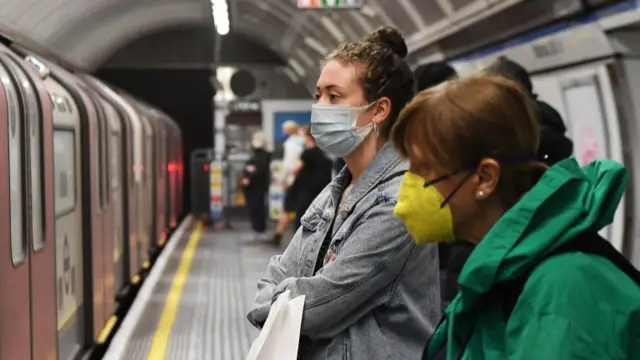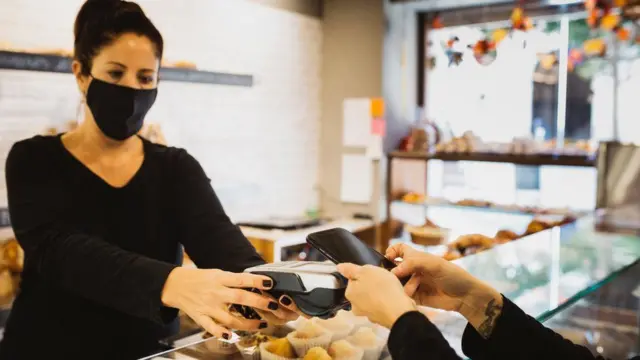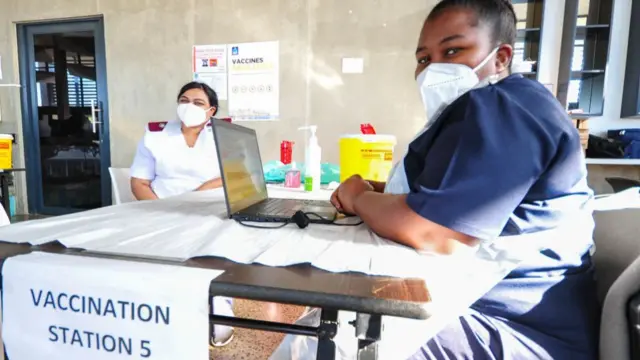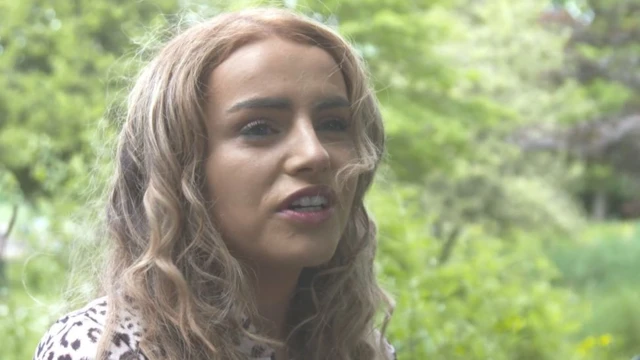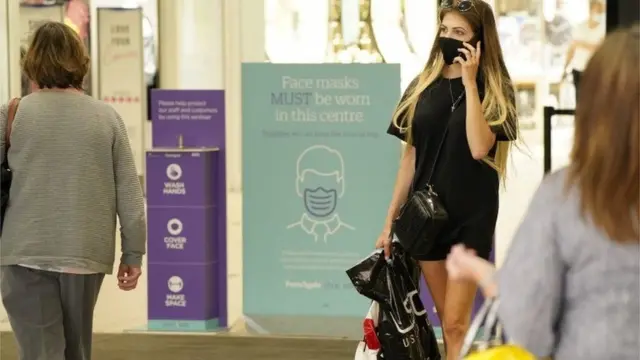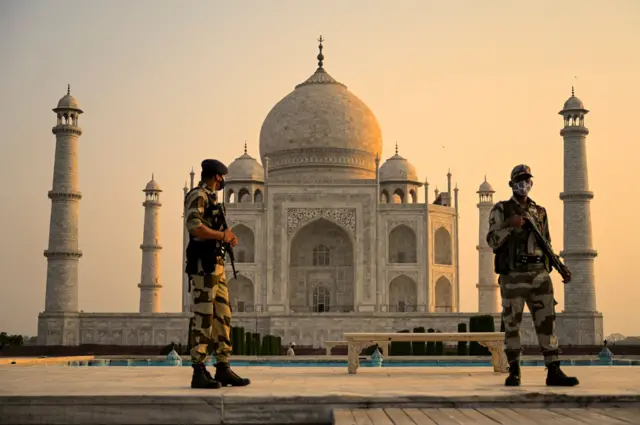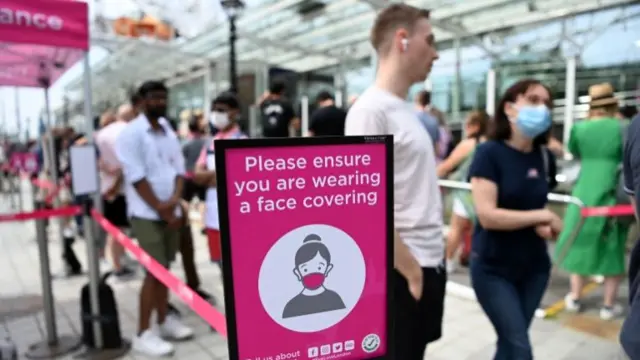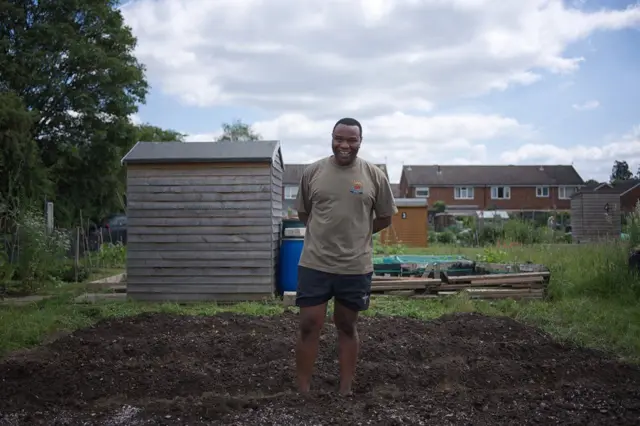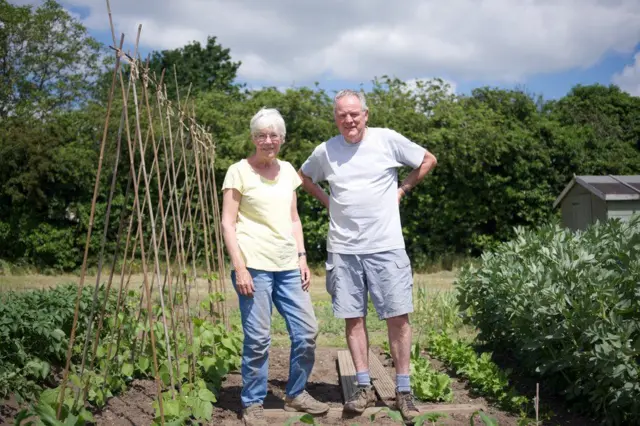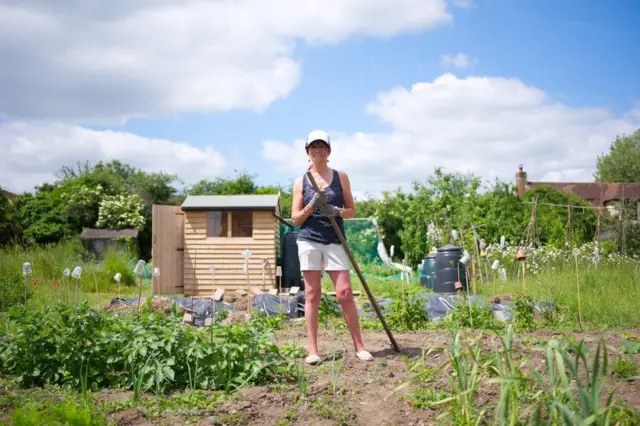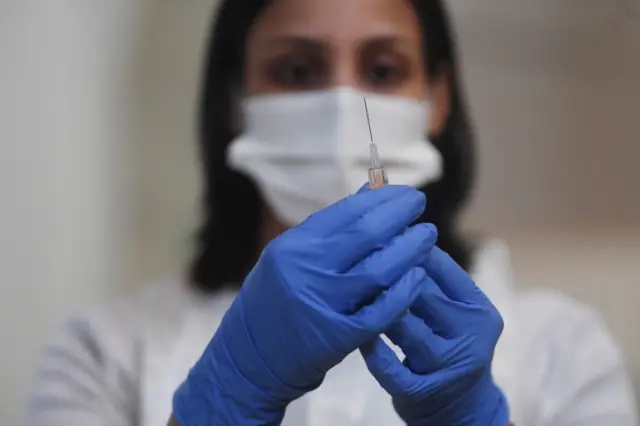UK has highest infection rate in Europe - Starmerpublished at 12:16 BST 16 June 2021
Sir Keir Starmer says on 1 April India was recording 100,000 new infections and rising but the PM kept the country off the red list until 23 April.
He says in that time 20,000 people came into the UK from India.
He asks what is the PM's explanation as to why Britain has such high instances of the Delta variant.
Starmer says tragically we learn today we have the highest infection rate in Europe.
Borish Johnson says: "We took the most drastic steps possible by putting India on the red list on 23 April before the Delta variant was even identified."
He adds the UK has had the fastest vaccine rollout anywhere in Europe and it is due to that we can continue with our roadmap to freedom.
